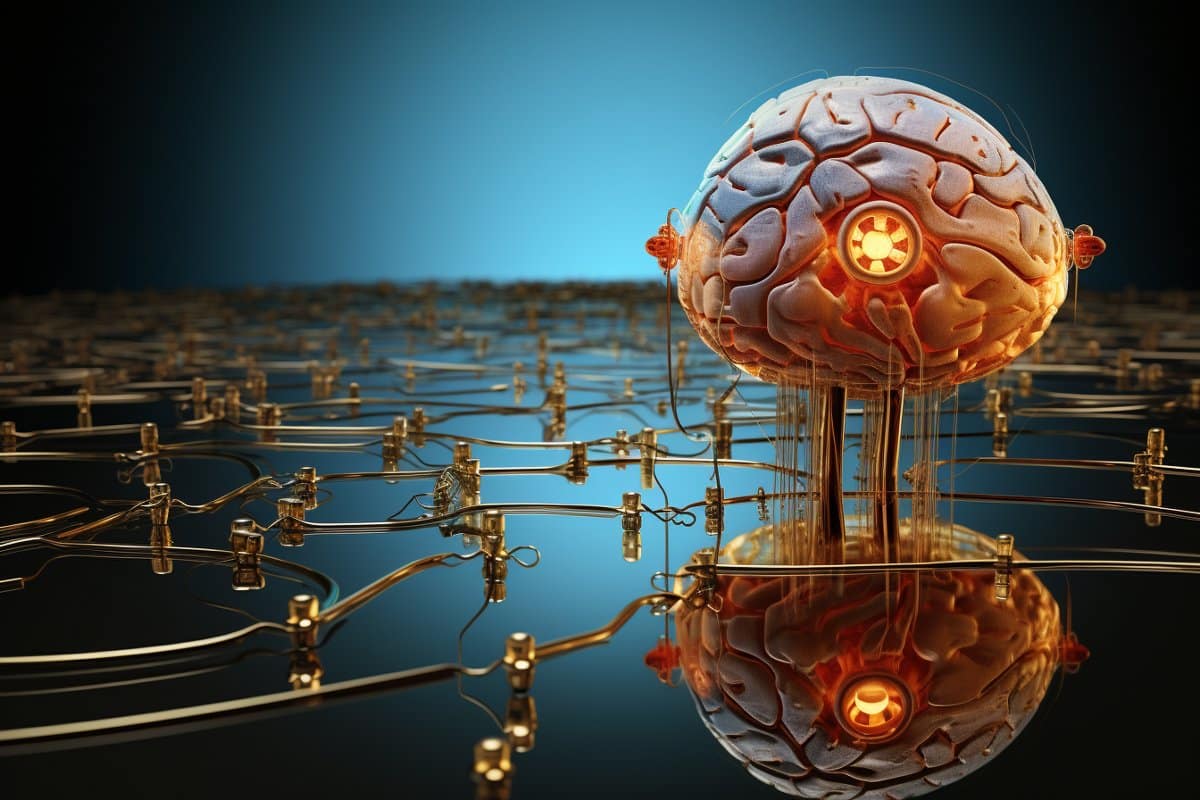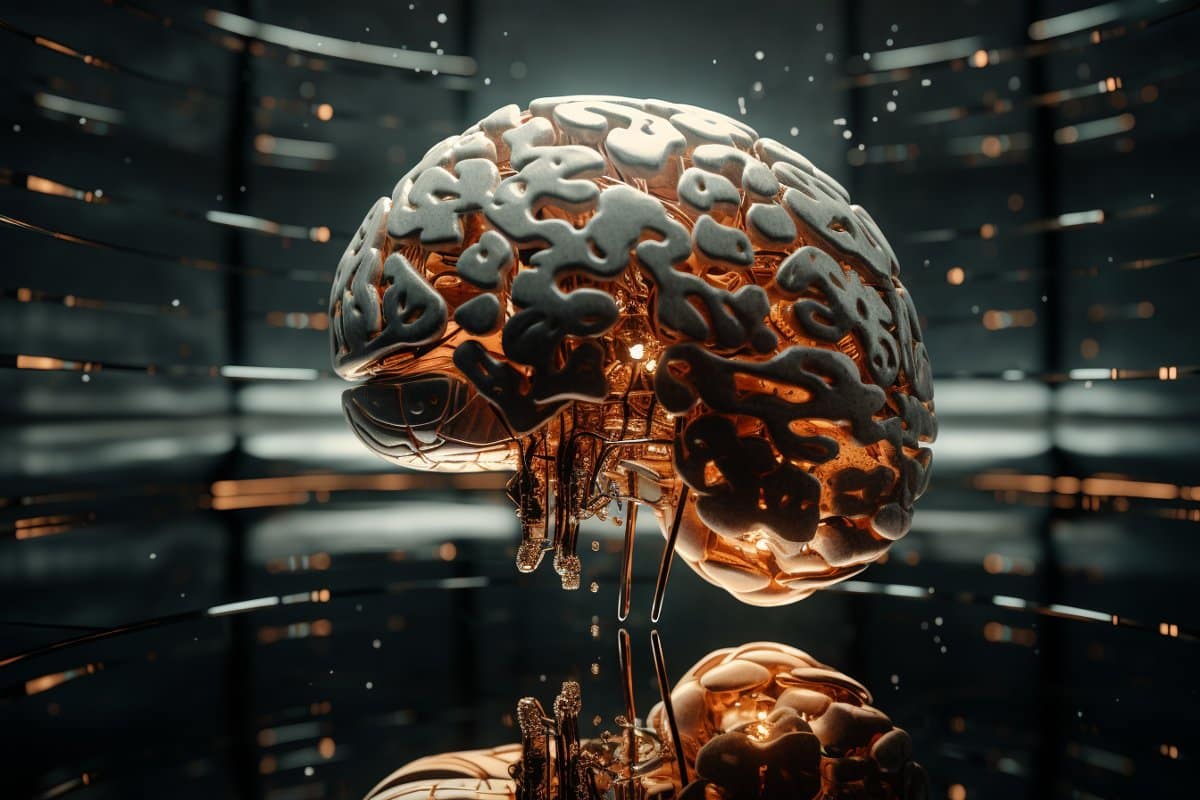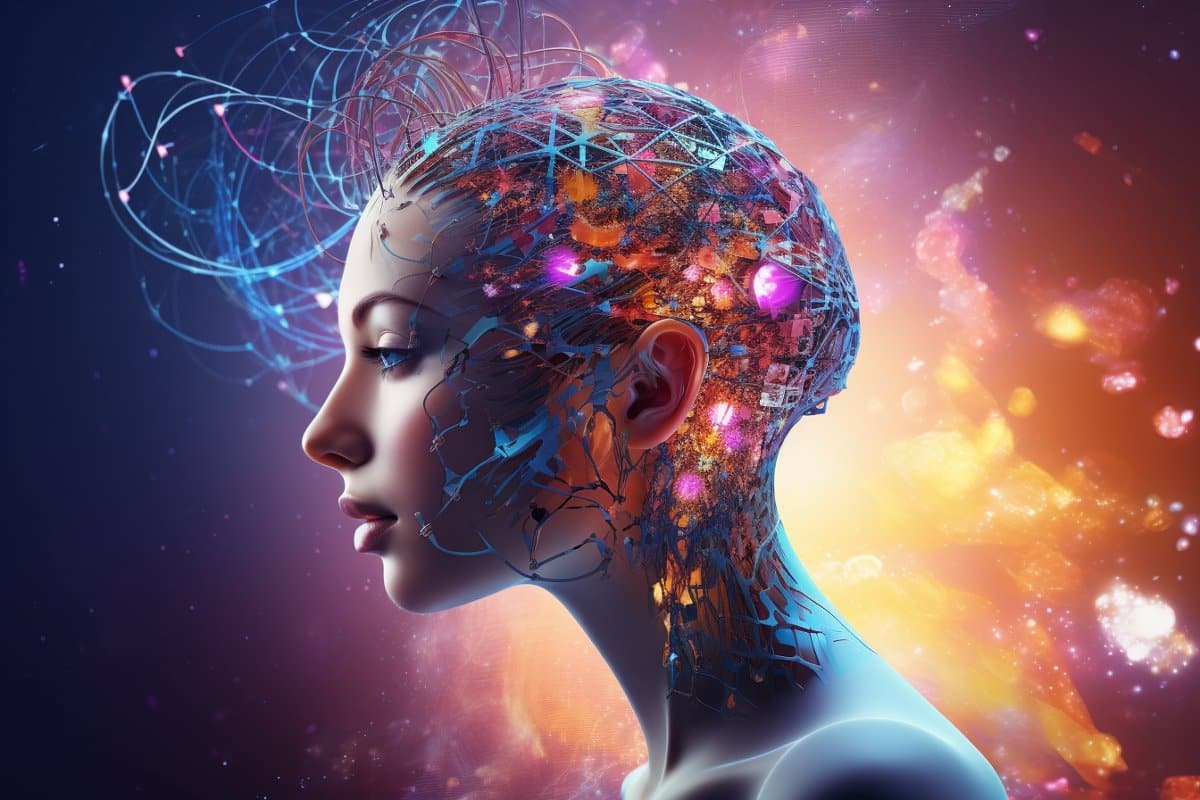Universal Emotional Hubs in Language
Summary: Researchers made a breakthrough in understanding the universality of emotions across languages by using colexification analysis, a method of studying word associations. Their study identifies four central emotion-related concepts – “GOOD,” “WANT,” “BAD,” and “LOVE” – as having the highest number of associations with other emotional words in multiple languages. This finding aligns with …








